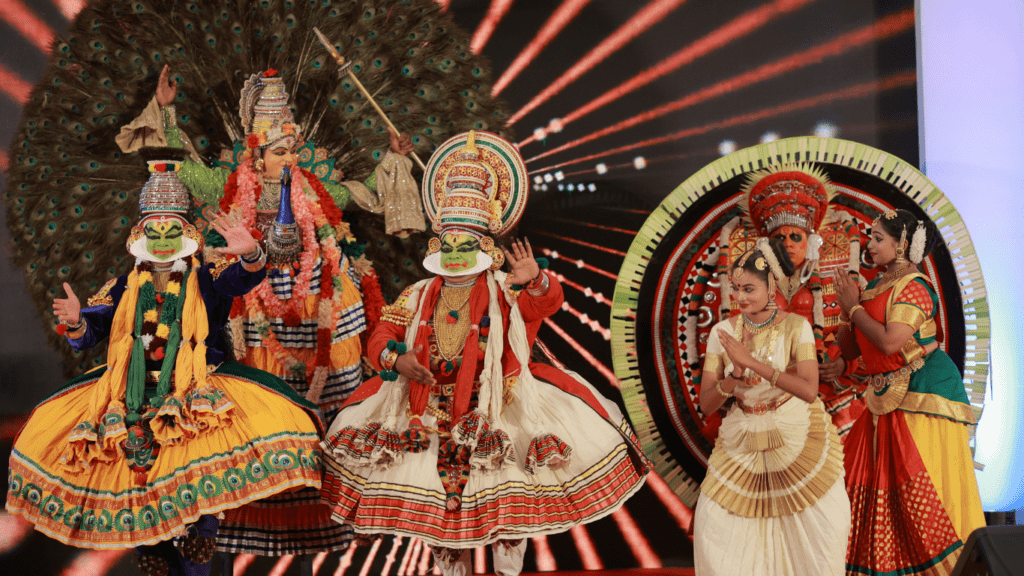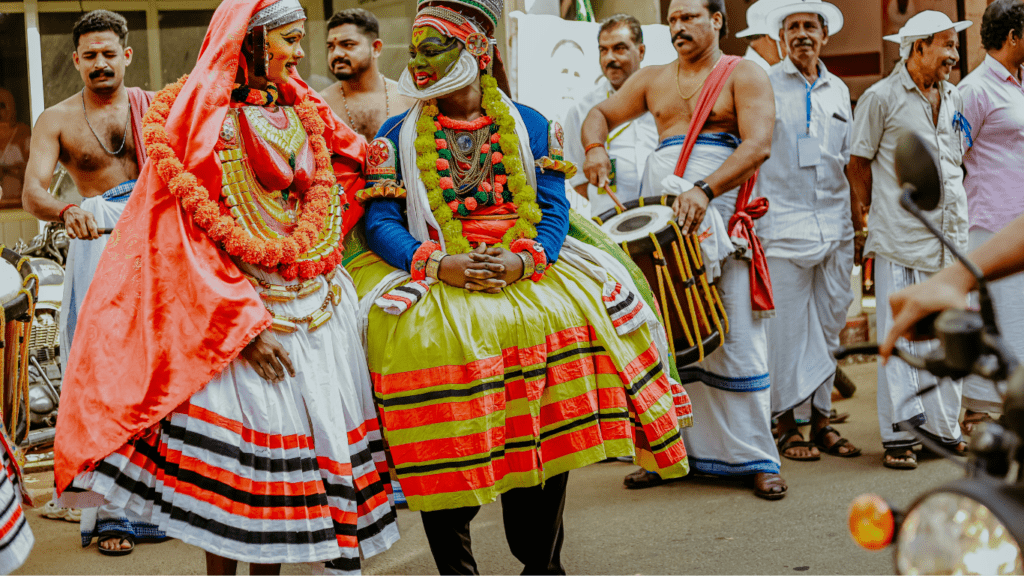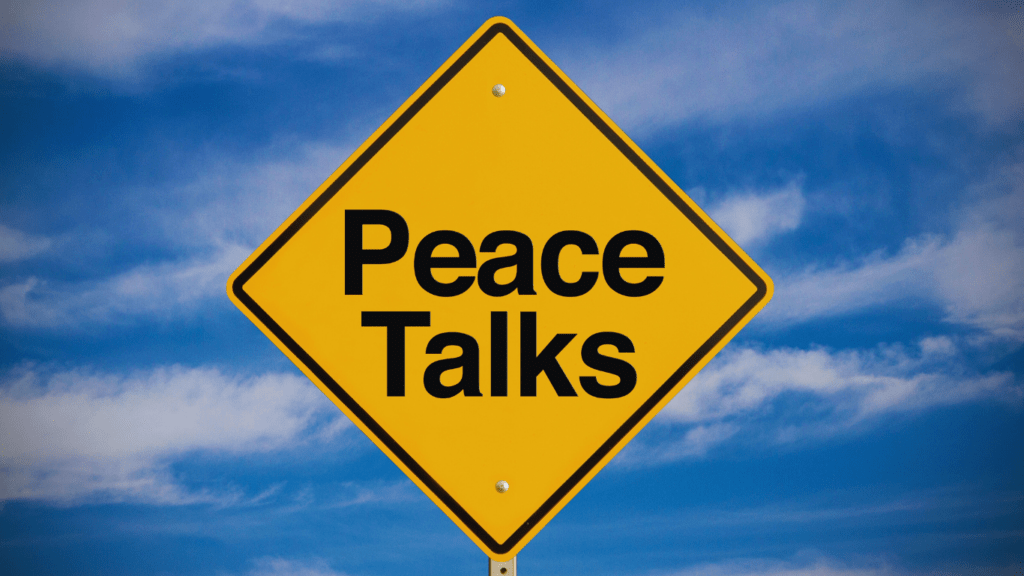Importance Of Cultural Exchange
Cultural exchange fosters mutual understanding by encouraging the sharing of traditions and values. Experiencing diverse practices, such as Indian Diwali or Japanese Hanami, allows individuals to gain insight into the heritage and beliefs of others. This helps break stereotypes and cultivates respect across communities.
It strengthens bonds by creating opportunities for interaction. Events like international food festivals or cultural fairs bring people together to celebrate diversity. Such platforms promote dialogue, enhancing relationships and reducing cultural barriers.
Cultural exchange inspires innovation by introducing fresh perspectives. Art, cuisine, and music, for instance, often merge elements from different traditions, leading to unique creations. This cross-cultural blending enriches global arts and industries.
It contributes to global education by increasing awareness. Learning through traditions, like Chinese calligraphy or African storytelling, provides firsthand knowledge about historical contexts. This knowledge builds a collective appreciation for the complexity of global cultures.
Festivals That Unite The World
Festivals transcend borders by bringing people from diverse backgrounds together. These events highlight shared human emotions and foster unity through celebration and tradition.
Religious Festivals
Religious festivals often serve as powerful connectors across cultures by promoting spiritual unity. Diwali, celebrated by Hindus worldwide, symbolizes the triumph of light over darkness, inspiring participants regardless of background. Christmas, observed in numerous countries, unites people through shared values of love and hope. Ramadan, practiced by Muslims globally, emphasizes compassion and community through acts of giving and shared meals. These events highlight the universal nature of faith and the shared values embedded within spiritual practices.
Seasonal Festivals
Seasonal festivals celebrate nature’s cycles, creating common ground for participants across the globe. Hanami in Japan marks the cherry blossoms’ arrival, encouraging appreciation of impermanence and beauty. The Harvest Festival, observed in various forms worldwide, honors agricultural abundance and the bond between people and the environment. Scandinavian Midsummer festivals celebrate the summer solstice with dances and feasts showcasing ancient traditions. These celebrations transcend cultural differences as they connect humans with nature’s rhythms.
Heritage Festivals

- Heritage festivals honor historical roots and community identity, fostering cross-cultural appreciation.
- Carnival, originating in Europe and celebrated globally, showcases music, dance, and vibrant costumes that bridge continents.
- Día de los Muertos in Mexico reflects shared reverence for ancestors, with growing recognition worldwide.
- The Chinese New Year blends ancient customs with modern participation, welcoming millions to celebrate renewal and prosperity.
- These events become platforms for exchange, enabling people to embrace the richness of diverse legacies.
Traditions As Bridges Between Cultures
Traditions create meaningful connections by showcasing the unique aspects of each culture while revealing shared human experiences. They foster interaction, empathy, and understanding across diverse communities.
Food And Culinary Traditions
Food traditions offer a gateway to understanding cultural identities. Sharing meals unites people by:
- revealing local flavors
- preparation methods
- significance behind dishes
For instance, Italy’s family-oriented pasta-making traditions highlight communal values, while Japan’s tea ceremonies embody mindfulness and hospitality. Events like international food festivals encourage the exchange of culinary customs, inspiring both appreciation and fusion. By exploring global cuisines, individuals learn the stories and heritage tied to each recipe, deepening cross-cultural respect.
Iconic Dance And Music Traditions
Dance and music reflect the essence of cultural stories and emotions. Traditional dances, like India’s Bharatnatyam or Spain’s Flamenco, blend artistry with historical narratives, preserving cultural roots. Global music exchanges, such as reggae’s connections to Jamaica or the global popularity of K-pop, bridge auditory experiences and introduce people to foreign melodies. Festivals celebrating music and dance, like Rio’s Carnival or Africa’s FESPACO, promote collaboration and showcase the adaptability of these practices across borders. Through these exchanges, creative expression transcends language, strengthening bonds among individuals worldwide.





